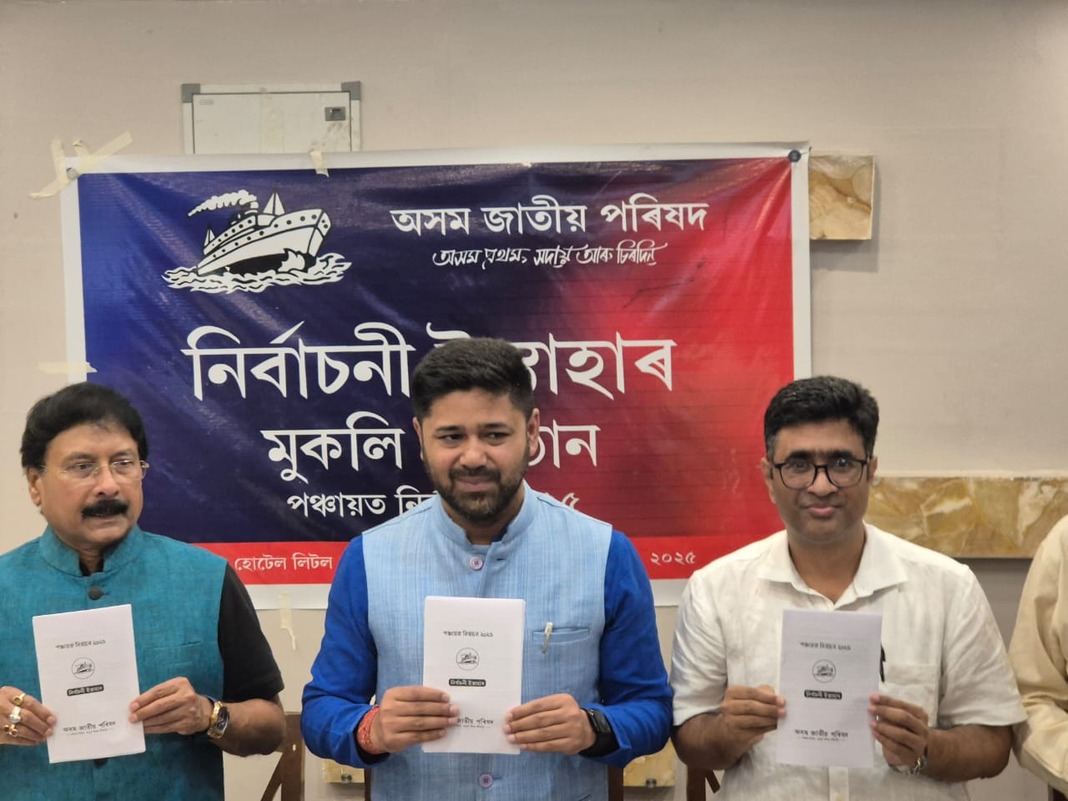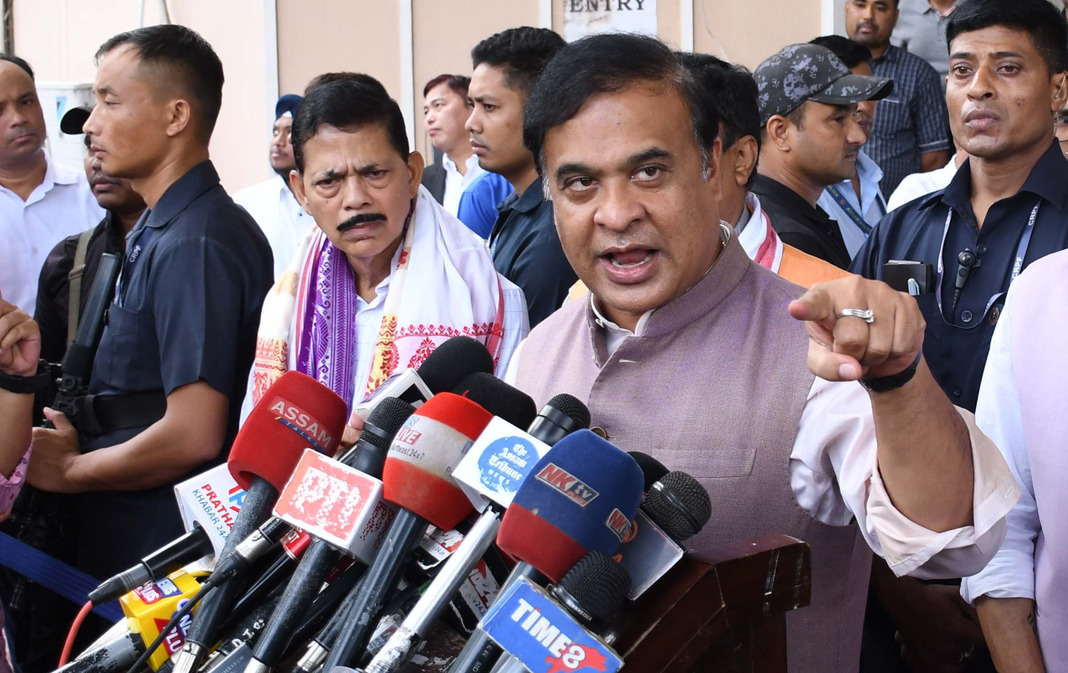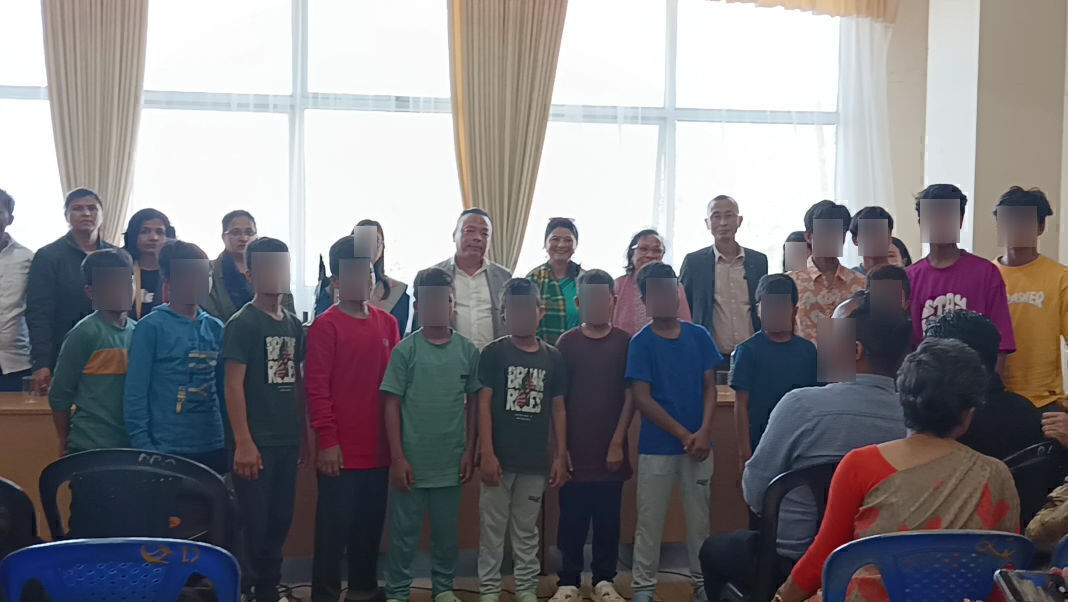
Guwahati, April 23: The Assam Jatiya Parishad (AJP) has unveiled its manifesto for the 2025 Panchayat elections, outlining a bold roadmap to reshape rural governance in Assam through grassroots empowerment, local economic revival, and cultural preservation.
Addressing a press conference on Wednesday, AJP president Lurinjyoti Gogoi and general secretary Jagadish Bhuyan presented the party’s 9-point agenda, calling it a commitment to “real decentralization” and “people-first governance.” The manifesto emphasizes restoring the spirit of Gram Swaraj and giving Panchayats the autonomy they need to make meaningful changes.
The AJP promises to place Gram Sabhas at the heart of rural decision-making. Panchayats will get direct control over development budgets and planning, covering sectors like health, education, sanitation, and water supply. Monthly Gram Sabha meetings would be made mandatory, while community oversight would be enforced through 11-member monitoring committees. All Panchayat budgets and schemes will be available online for public access, and information display boards will be required in every Panchayat office.
To spur local livelihoods, AJP has proposed a “One Panchayat, One Product” (OPOP) model to promote traditional industries such as handloom, crafts, dairy, poultry, and indigenous foods. The party will facilitate access to bank loans, skill development, and market linkages for rural entrepreneurs. Additionally, Panchayat-level farmer advisory councils and paddy procurement systems are proposed to support small farmers and ensure fair pricing.

AJP has committed to ensuring 50% representation of women and youth in all Panchayat committees. The party also promises to create National Service Volunteer Groups in every village, offering training in digital literacy, disaster preparedness, and entrepreneurship.
The party proposes bringing government schools, health centres, and Anganwadi services under Panchayat management to improve accountability. It also plans to establish “Nutrition Gardens” in schools to promote food security and healthy eating habits for children.
Under its “Green Village Mission,” AJP plans to launch mass plantation drives, improve local road and drainage systems through participatory planning, and raise awareness of environmental issues at the village level.
To protect Assam’s cultural diversity, AJP promises special initiatives for indigenous languages such as Mising, Bodo, Karbi, Dimasa, Rabha, and Tiwa. The manifesto includes plans for “Folk Culture Learning Centers,” support for mobile theatre groups, and grants for local literary societies.
To enhance Panchayat autonomy, the party pledges to establish Nyaya Panchayats—local justice systems to resolve minor disputes without court or police involvement. Reforms in District Planning Committees are also proposed to ensure that local voices shape development priorities.
Calling on voters to embrace a “bottom-up” model of governance, the AJP leadership said their manifesto envisions a rural Assam that is self-reliant, transparent, and culturally grounded. “True development doesn’t start from the top—it begins at the grassroots,” Lurinjyoti Gogoi said.





